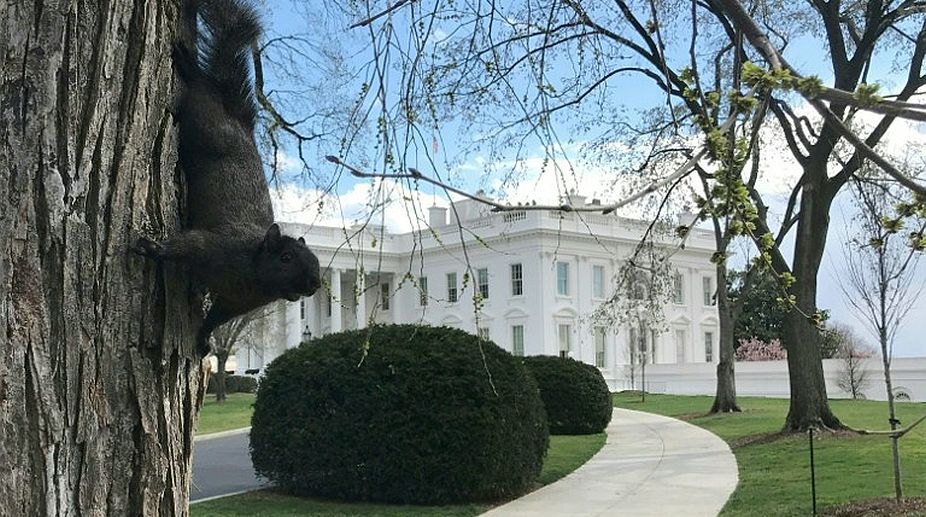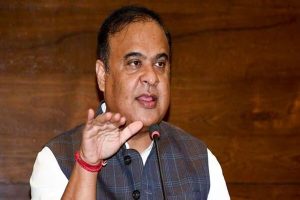The meeting between the US President Donald Trump and his Chinese counterpart Xi Jinping which begins on Wednesday in Florida is an opportunity for them to chart a way forward for the bilateral ties between the two countries, the White House has said.
While the two leaders are likely to discuss a gamut of bilateral issues during the two-day meeting at Trump's Mar-a-Lago residence, matters related to trade, economic policies and North Korea are expected to figure prominently during their talks, senior White House officials said yesterday.
“This is really an opportunity for the two leaders to exchange views on each other's respective priorities and to chart a way forward for the US-China bilateral relationship,” a senior White House official said.
“They will be talking about areas of common interest and also some of the clear areas of difference that we need to address in the relationship. President Trump really views this meeting as a first step towards building a constructive and a result-oriented relationship,” the official told reporters ahead of the Mar-a-Lago summit between Trump and Xi.
Noting that progress on a range of bilateral economic issues has become increasingly difficult, another White House official said it reflects a “slowdown” and in certain cases in America's view, a “retreat” in China's move towards giving the market a more decisive role in the Chinese economy.
“President Trump is very concerned about how the imbalance in our economic relationship affects American workers and wants to address these issues in a candid and productive manner,” the official said.
According to the official, the primary purpose of the meeting is to set a framework for discussions on trade and investment.
“I can't tell you whether they're going to get into specific issues to resolve at this time…But this is the introductory meeting to put a framework in place for how we're going to discuss and address these matters,” the official said in response to a question.
The official said that the US would like to see the bilateral relationship based on reciprocity as the Trump administration wants to work with China to reduce systemic trade and investment barriers that they have created leading to an uneven playing field for the US companies.
“We want a level playing field so that bilateral trade and investment can be mutually beneficial,” the official said.
The first White House official told reporters that North Korea clearly is a matter of urgent interest for the President and the Administration as a whole.
“I think the President has been pretty clear in sending the message as to how important it is for China to coordinate with the US and to begin exerting its considerable economic leverage to bring about a peaceful resolution to that problem,” the official said.
On Sino-North Korean trade, the official said the economic leverage of China has not gone down with the , adding the issue will figure in the discussion.
“Somewhere on the order of just shy of 90 per cent of North Korea's external trade is with China. So, even though we hear sometimes that China's political influence may have diminished with North Korea, clearly its economic leverage has not. It is considerable. So that will be one of the points of discussion,” the White House official said further.
The official reiterated that there is no change in the “long-standing” One-China policy of the United States.
“Our One-China policy is based on the three joint communiques with China, as well as the Taiwan Relations Act. The president has reaffirmed the policy. I don't anticipate some kind of surprising deviation from that,” the official said.
The issue of South China Sea would also come up for talks as part of the larger discussion on maritime issues, the official anticipated.
“I do expect that maritime issues will come up. The United States certainly will continue to fly and sail where international law allows. I would not be surprised if that came up in conversation,” the official said.
However, the official cautioned against having much higher expectations from the visit, but expressed hope that there will be “some movement” towards a framework for dialogues elevated from some of the previous or pre-existing dialogues with prior administrations.












